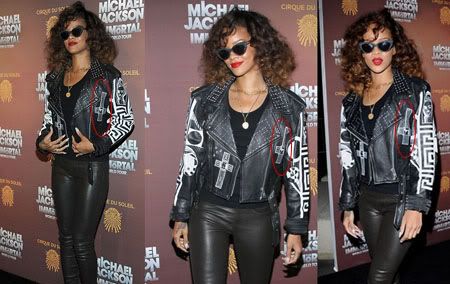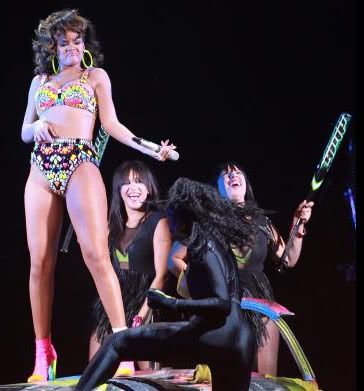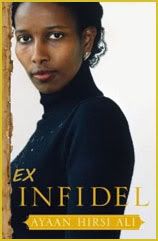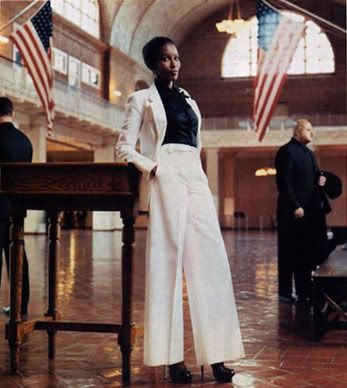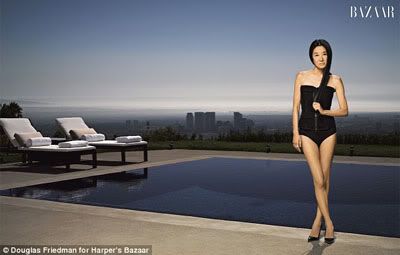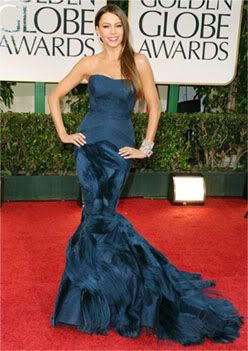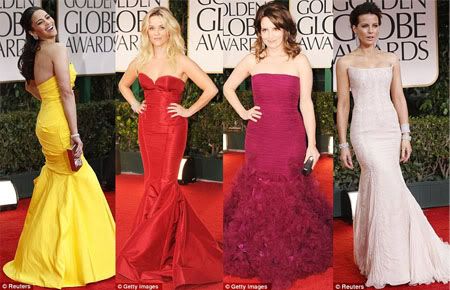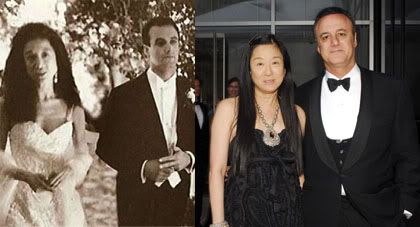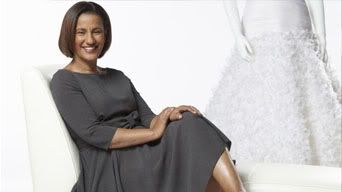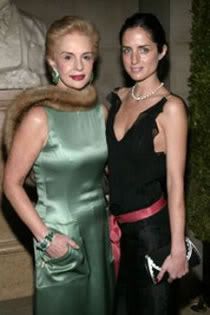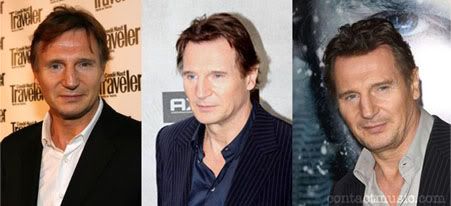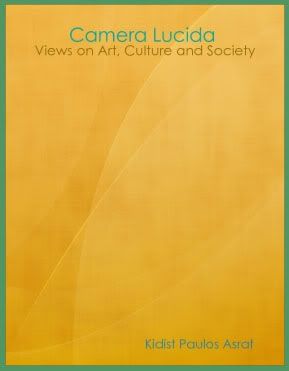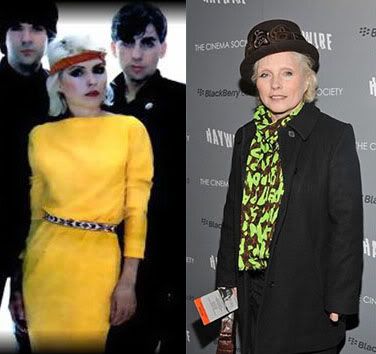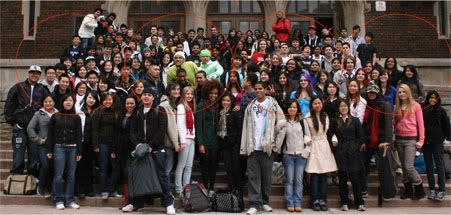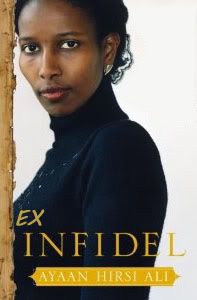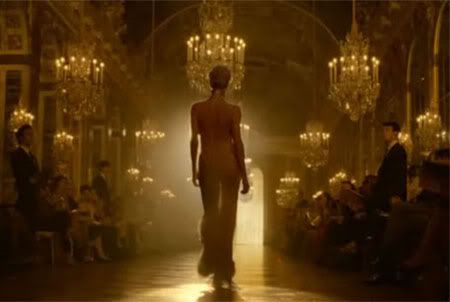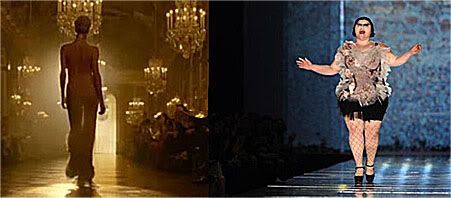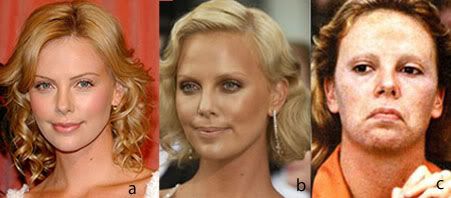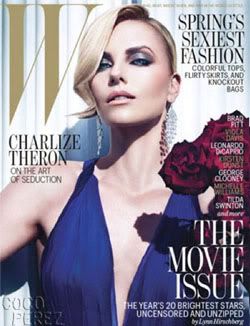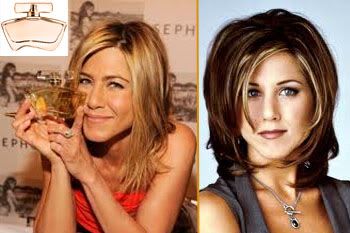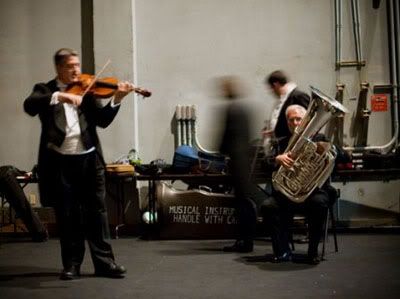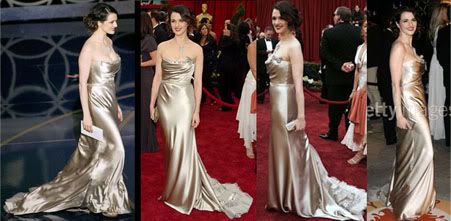 |
[Larger image here]
I watch the movie award shows mostly for the fashion. This isn't as trivial as it sounds. I find that in these highly watched events, both by professionals in fashion and news and by ordinary folk, the stars come out in full glamour to display formal beauty. We don't have the usual post-modern ironic clothes by contemporary fashion designers who try to tell us that fashion is irrelevant, although they make a fortune through this very fashion. Nor do we have the drab, dark attire that is common in the streets. Instead, stars come out looking like the 1930s movie icons, with full-length gowns for the women and tuxedos or formal suits for the men. The few that add their quaint commentary are often looked at a little condescendingly by the "Fashion Police", or are merely excused as eccentrics.
I've been writing on Vera Wang for a few years now. In a recent piece, I describe her as the Fashion Designer du Jour, where I've said that she's nabbed this very lucrative role of designer for the stars not because she's good, but because of clever marketing and promotion. And because she's clever at reproducing clothes that resemble the designs of other high level designers. It seems that when she resorts to her own imagination, the result is a spectacular failure (as I analyzed here).
Here is a list of posts I've done on Wang over several years:
- Vera Wang's Aggressive Asian Outreach: Part I, September 21, 2011
- Vera Wang's Aggressive Asian Outreach: Part II, September 21, 2011
- Vera Wang's Aggressive Asian Outreach: Part III, September 22, 2011
- Vera Wang vs. Amsale Aberra, August 9, 2011
- Wang's Wedding Dress Fit for a Vampire's Bride, August 24, 2010
- More Thoughts on Chelsea's Wedding, August 7, 2010
- Vera Wang: Wedding Dress Designer?, July 29, 2010
- Modern Bridal Wear, January 27, 2010
- The Global Runway: Part 3, August 4, 2006
Below is another one of those failures, although I wouldn't classify this one as a "spectacular failure" but an odd design that the imagination-bereft Wang came up with.
 |
This was in 2007, before Wang was the Fashion Designer du Jour, but was still well enough known to produce gowns for Hollywood actresses. Rachel Weisz was the perfect model for Wang at that time, since although she's known, she's not the high-level star like Meryl Streep or Halle Berry. She was just the right fit for Wang at the time.
Wang seems to be going for Hollywood glamour, but what she turns out is some kind of lingerie hybrid. She has made an attractive enough, although modestly glamorous, bodice, but its stiff structure doesn't fit with the looser bottom half. The train is also too long, with odd superfluous additions (lace?, satin trims?) that make it "bottom heavy."
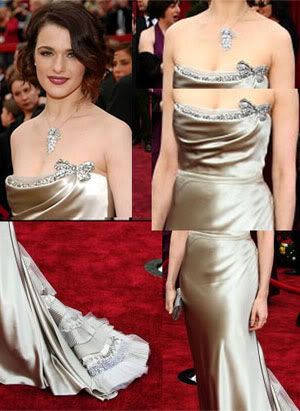 |
the mediocre Wang gown
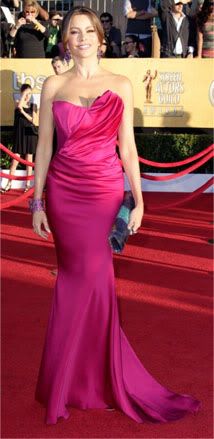 |
Other designers combine the defined bodice with the loser skirt much more successfully. The design team from Marchesa produced the gown that Sofia Vergara wore to the 2012 SAG Awards (image above). Although the dress is made from a satiny material, Marchesa have made it slightly stiffer so that it falls better. They have also avoided a long, superfluous train, and made it simpler. The gatherings around the bust area are a stiffer, decorative and more sculpted design. The gatherings continues slightly below the waist, to avoid the lingerie effect that Weisz's dress has.
One criticism that this dress received (although it wasn't the dress, but the entire outfit) was that Vergara should have worn some kind of jewellery around her neck. I somewhat agree, although she probably avoided that in order to focus around the sculpted bodice. I don't mind the absence of jewellery around her neck.
Upper bodice embellishments seem to be a trademark with Marchesa, and it seems to be what Wang is channeling in her designs. Here is a site which showcases the Marchesa finesse in upper bodice design, going as far back as 2005, and here's InStyle showcasing 100+ Marchesa designs.
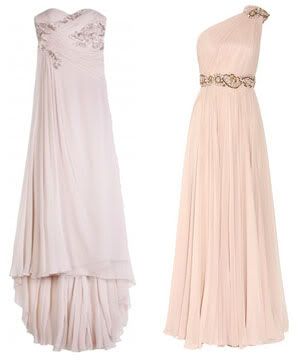 |
------------------------------------------------------------------------
*
